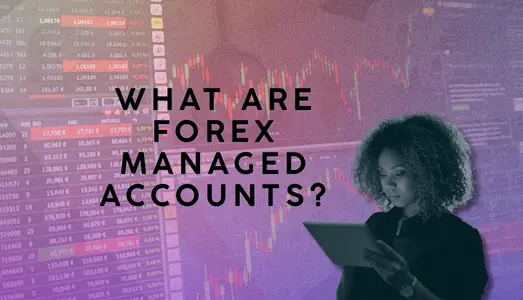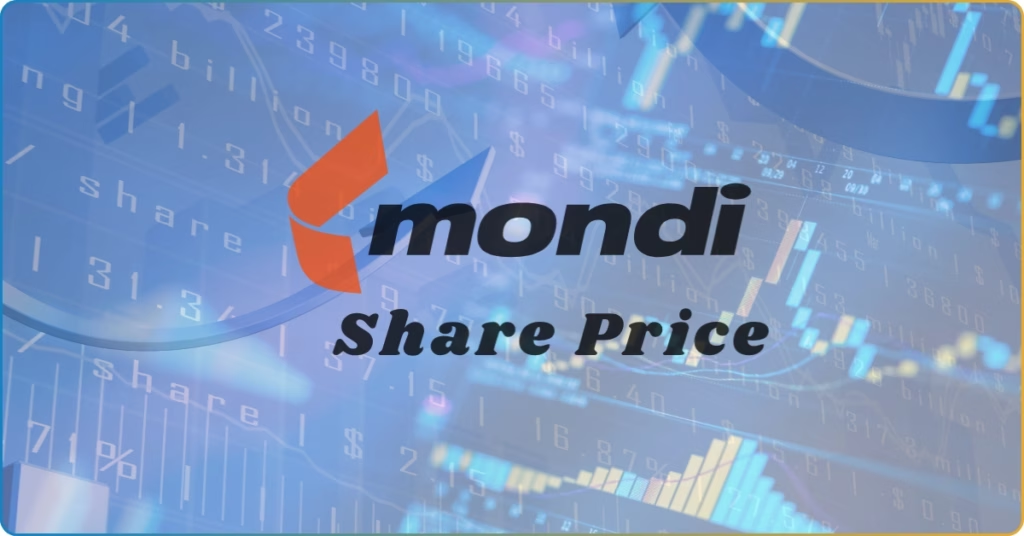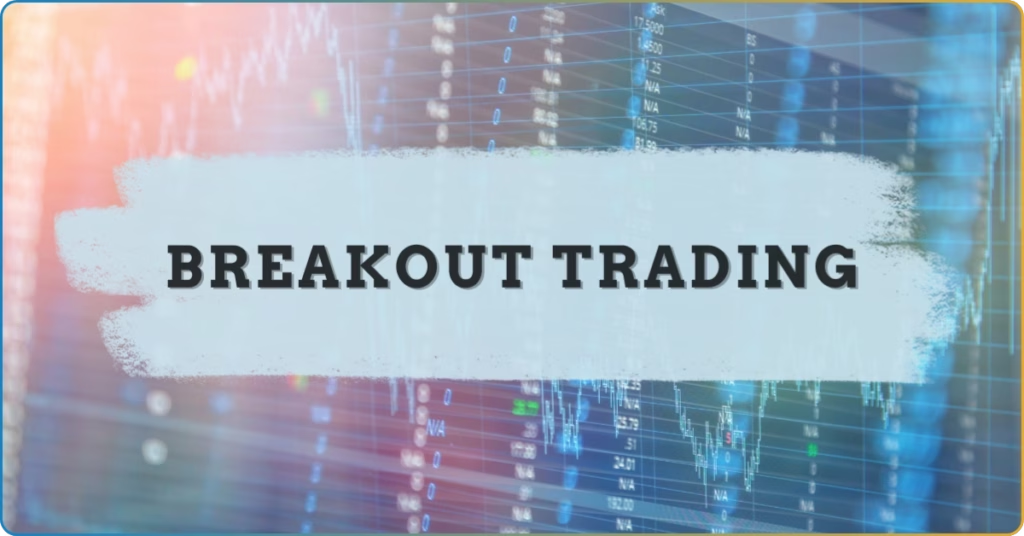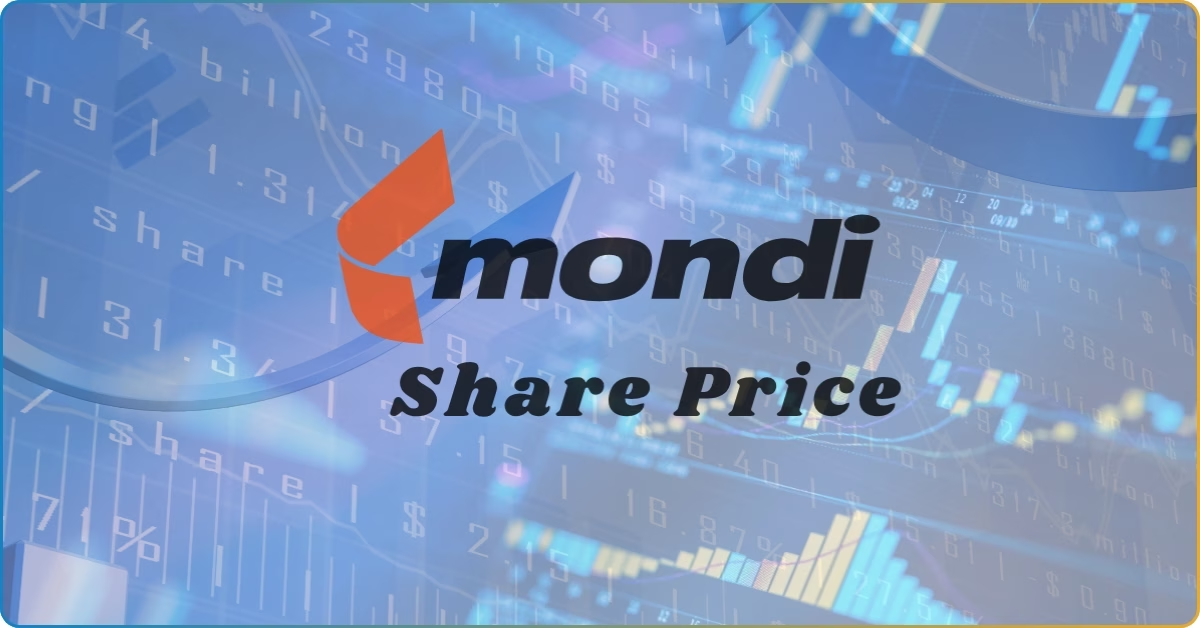Forex managed accounts are a useful service offered by trading professionals to retail traders or big-scale money managers. These accounts are handled by forex account managers who buy, sell, or trade currencies on behalf of their client.
It’s no secret that the forex market is one of the hardest ones to master, so professional forex account managers offer their expert services.
In the highly volatile world of forex trading, managed forex accounts have become an attractive option for individual traders.
Below, we discuss managed forex accounts, how they work, and their pros and cons.
What Are Forex Managed Accounts?
A managed forex account is a type of investment account where a professional money manager, or a team of expert traders, handles the trading activities on behalf of an investor in the forex market.
These accounts are handled by forex account managers, who offer their expert services to other traders who want to participate in the forex market but lack the time or mastery.
Forex trading is extremely volatile and highly leveraged.
Investors who decide to open a managed account are willing to take serious risks and want a professional to select and trade on the market.
Who can avail of the services of a forex account manager?
Forex account managers have two types of clients. They can lend their services to individual traders or to another management firm through a sub-advised fund.
Forex account management for individuals
The forex market is an incredibly popular market for individual traders and is often seen as a high-reward investment. However, it is also one of the most difficult ones to master and can lead to extreme losses.
Traditional securities such as stocks, bonds, or commodities, deliver returns through share appreciation, interest payments or dividends. On the other hand, gains from forex trading rely on the rise and fall of one currency in relation to another.
New and intermediate traders are yet to fully master the myriad factors that affect exchange rates, such as economic conditions, central bank policies, and geopolitical events. These factors make the forex market exceptionally high-risk.
Individual traders who want exposure to potential high returns from leveraged forex trading but are not completely confident in the high-risk environment may opt for a forex managed account.
Account management for management firms
Big management teams or firms also hire a forex account manager if they want exposure to the forex market.
For example, a management firm that deals with stocks or bonds wants to expand its investments to foreign exchange. To grow their portfolio, the investment company will seek out the expertise of a forex account manager.
How Forex Account Management Works

Opening a managed forex account is equivalent to delegating all trading responsibilities to a professional manager.
Investors deposit capital to their forex account while the forex account manager is given discretionary power over these funds.
Related: 10 Common Trading Mistakes Novice Traders Make and How to Avoid Them
This means account managers have full control over a trader’s capital. Managers are given consent to make decisions without consulting their clients.
By using a managed account, investors take advantage of the expertise of an experienced forex trader. Meanwhile, professional account managers capitalize on their expertise and charge a performance fee between 20% and 30% of the profits.
Step-by-Step Overview of Managed Forex Accounts
Here’s a step-by-step overview for how forex account management works between an individual trader and an account manager.
Account Setup
This is the first step in any trading process. An investor opens an account with a brokerage firm and deposits funds into their account.
The amount of capital that a trader must fund into the account depends on the margin requirements of the brokerage.
Selection of Manager
An investor must select a professional forex account manager to manage their account. This selection is based on the manager’s track record, strategy, and compatibility with the trader.
It is crucial for investors to choose an account manager that can be trusted, as the account manager now has full control over the capital deposited into the account.
Trading
The Forex account manager now has discretionary power over the funds in the account.
The manager will use these funds to make all trading decisions, including which currency pairs to trade, when to enter or exit trades, and how much capital to allocate for each trade.
An account manager’s trading decisions are based on their own strategies and practices. They do not consult an investor regarding trades. However, it is common practice for traders and forex managers to discuss investment goals and objectives.
Performance Monitoring
While forex account managers do not consult their clients when trading, investors can monitor the performance of their account through regular reports provided by the manager or the brokerage firm.
These reports include details on trades executed, profits and losses, and overall account performance.
Fees and Compensation
Managed forex accounts usually involve two types of fees: a management fee and a performance-based payment.
A management fee is typically a fixed percentage of the balanced account. No matter how much gains or losses that the manager brings in, this fee will remain unchanged.
Meanwhile, a performance-based fee acts as a commission fee.
The account manager will receive a percentage of the total profits generated by the account. This usually ranges between 20% and 30% of the overall profits.
Understandably, these fees are steep. The forex market is extremely complicated and requires years of training and experience.
Pros and Cons of Account Management in Forex
Managed forex accounts offer several advantages, but also come with disadvantages.
A trader availing these services can expect larger gains (as opposed to trading by themselves), but also understands that they could experience exponential losses.
Advantages of Forex Account Management
Availing the services of a professional and experienced trader makes a managed forex account attractive for many investors.
Below are some of the advantages of a forex managed account.
Professional Management
Investors benefit from the expertise and experience of professional traders. Legitimate forex account managers have had years of experience and a track record of bringing in profit.
Time-saving
Managed accounts free investors from the need to constantly monitor the market and make trading decisions.
Additionally, it saves the immeasurable time needed to overcome the steep learning curve of the forex market.
Diversified Portfolio
Professional account managers use sophisticated trading strategies that can diversify an investor’s portfolio while minimizing risk.
However, it is important to note that risk is not eradicated completely. Account managers are an effective hedge against extreme losses.
Potential for Higher Returns
Managed forex accounts have the potential to generate significant returns, especially in a volatile market such as foreign exchange.
Disadvantages of Account Management Forex
While forex-managed accounts offer various benefits, they also come with certain risks and considerations.
Market Risk
Even professional managers cannot guarantee profits. The forex market is highly dynamic, and exchange rates can change by the second.
Manager Risk and Potential Fraud
The performance of a forex account is highly dependent on the skills and strategies employed by the account manager. Poor management can lead to significant losses.
Moreover, scam managers are unfortunately common in the financial market. Traders must stay extra vigilant in selecting a regulated account manager with a reputable track record.
Learn more on TradeGeek: What to Ask When Choosing the Best Account Manager
Manager Fees
As mentioned earlier, forex account managers are professional traders capitalizing on their industry expertise. Investors must understand the fee structure and ensure that the potential returns justify the costs.
Lack of Control
Traders fully entrust their investments to an account manager, which means that the trader should expect no control over how investments are traded.
Traders who opt for a forex account manager should understand that they cannot micromanage their manager’s trading decisions.
Lack of Regulations
The forex market is less regulated than other financial markets, which increases the risk of being exposed to potential fraud and unethical practices.
It’s crucial that traders do thorough research and choose a reputable and regulated manager.
In Conclusion
Managed forex accounts offer a compelling option for investors who want to expose themselves to the forex market without the need to actively manage their trades.
Forex account managers leverage their expertise to generate potential major returns while minimizing risks. However, it is essential for traders to conduct thorough research, understand fee structures, and choose a trustworthy manager to ensure that the profits justify the cost.
Tired of getting advice from fake traders online?
Talk shop, discuss market trends, ask about trading strategies – minus all the bots. Join a community of verified traders online.
Sign up on CommuniTrade today.

















